Yet Another List of Books
I was recently dragged into one of those infernal Facebook chain letter things where a “friend” entreats you to post some thing every day for seven days… and “tag a friend!”
Well I drew the line at inflicting this on other people, but it was a topic that tickled me:
I accepted a 7-day challenge to post the covers of books I love - no explanations, no reviews, just the covers. Let’s promote literacy and support for libraries and reading.
So why not?
I ignored the bit about “no explanations, no reviews” of course because where’s the fun in that. Herewith, some books that I’ve enjoyed and found influential over the years.
Day 1 - Stories of Your Life and others
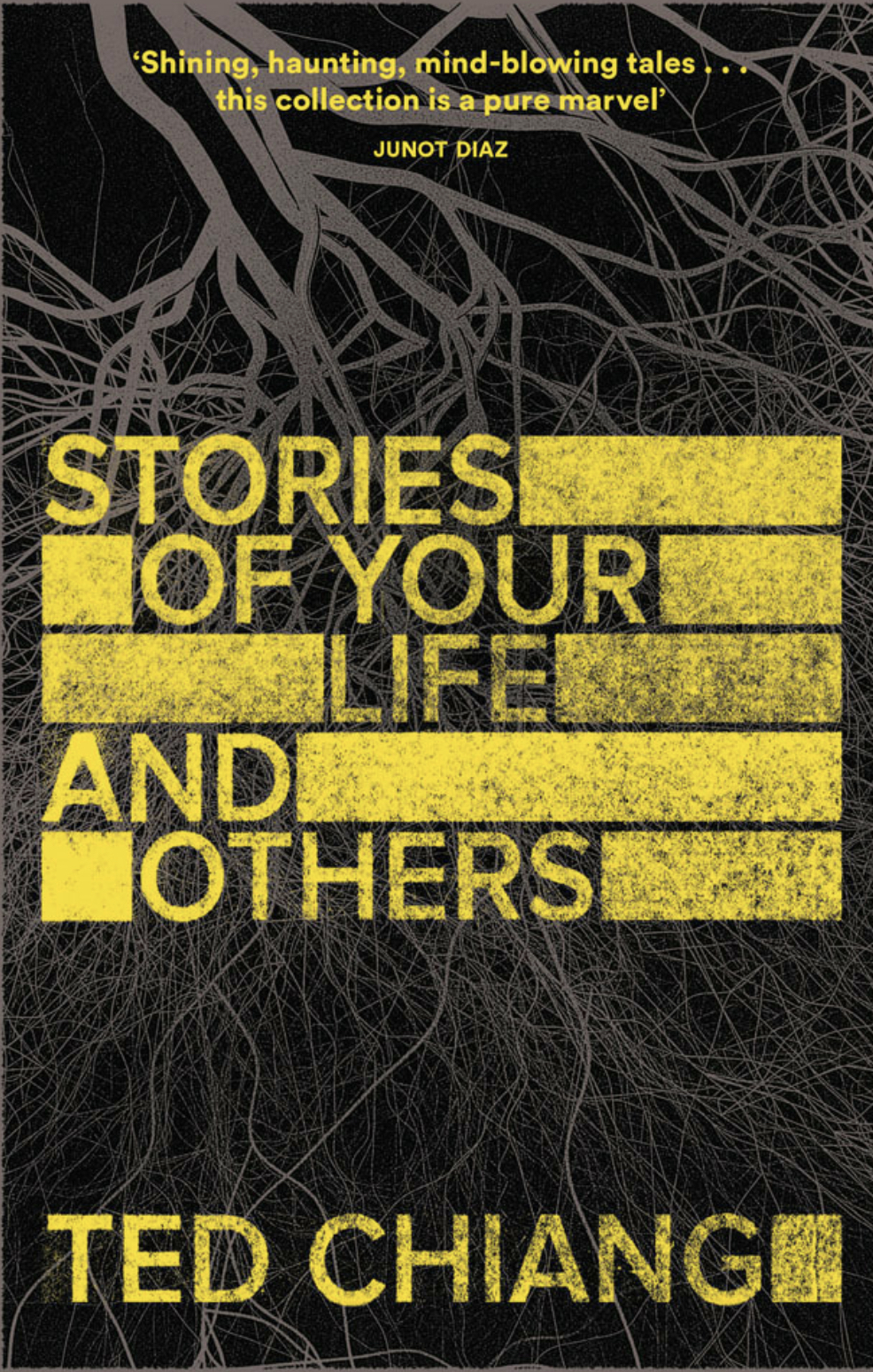
This is actually the most recent book I’ve finished. Ted has a technical background, which lends a compelling edge to his provocative stories, in the “hard sci-fi” tradition of authors like Asimov and Arthur C. Clarke. One of the short stories in the collection (and the one the collection is named for) was the basis of the movie Arrival, and it’s amazing. The movie was pretty true to the original story, and the enjoyment of reading the story after seeing it was only slightly diminished by being aware of the hook. In fact, knowing where he was going made it more interesting if anything. Which is … ironic in the context.
Day 2 - Equal Rites
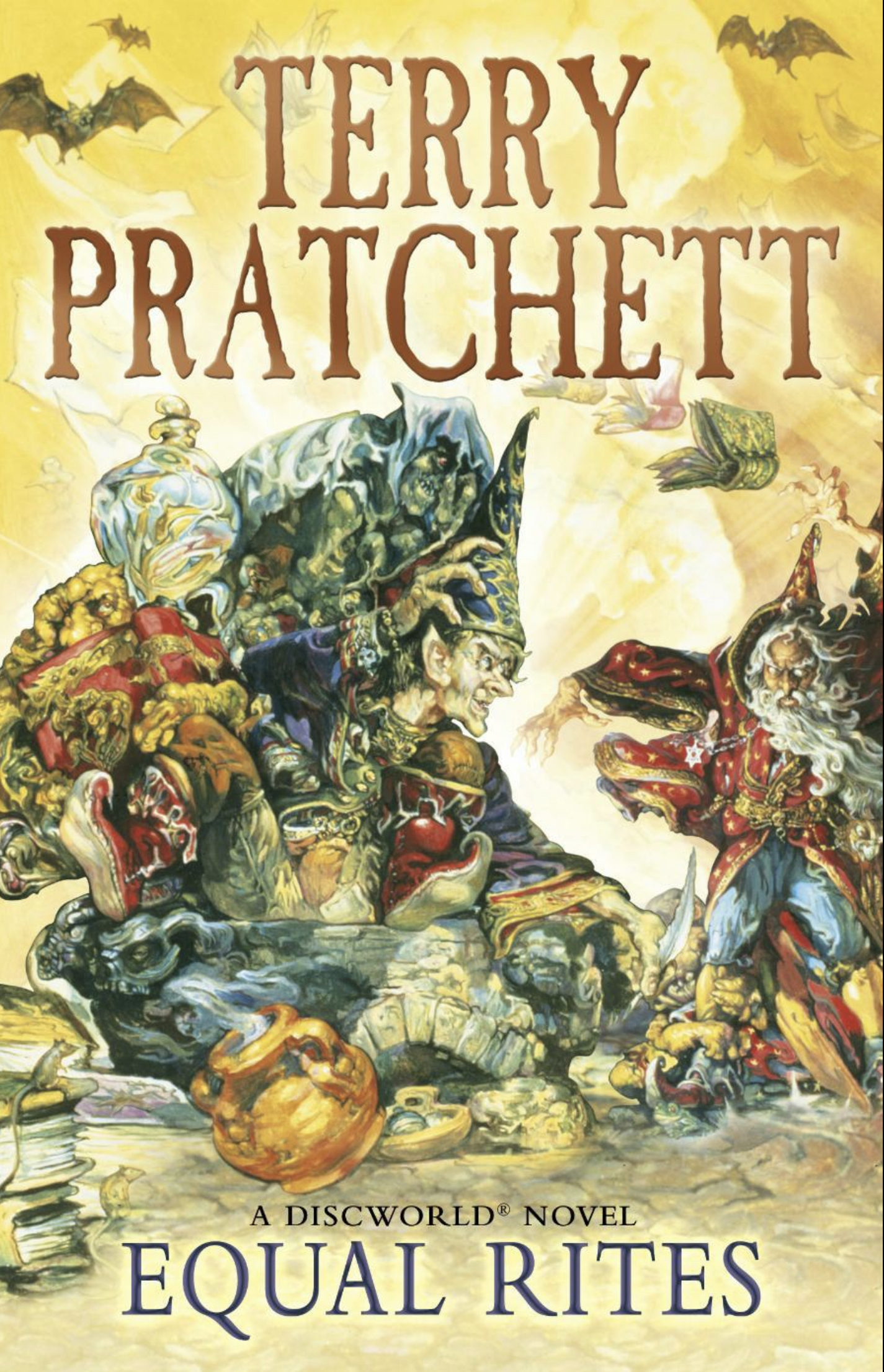
I came to Terry Pratchett’s Discworld very late in life. And to be honest I found the style of the first couple of books, which tremendous fun and definitely aligned with my sense of humour, a little exhausting after a while. This one felt a bit different. Still the same whimsical, farcical romp through the fantasy world of wizards and giant turtles, but with more
Day 3 - Dracula
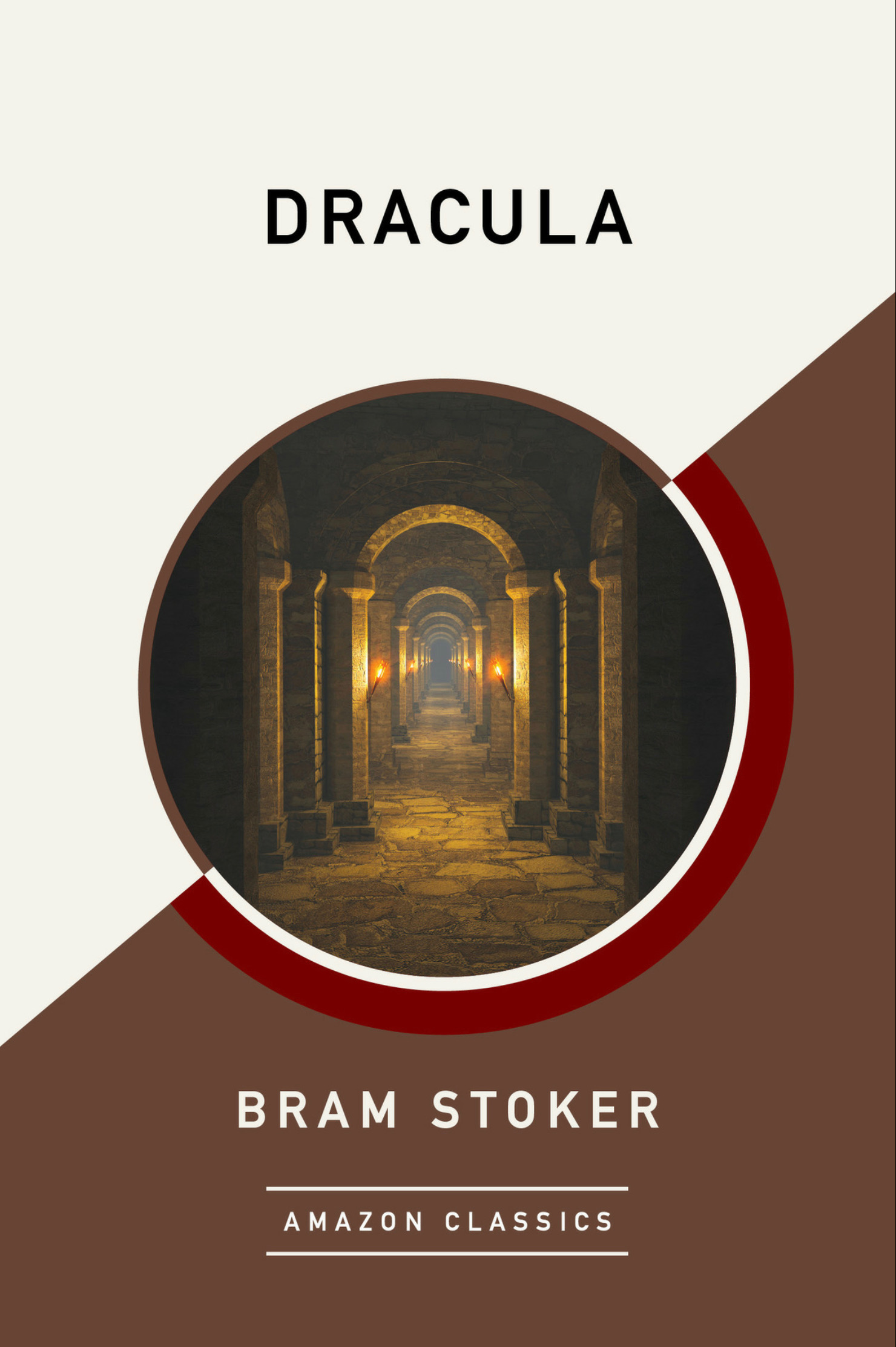
Put aside what you think you know about this story from all the Hollywood schtick and sideshow horror dress ups—it’s a fantastic, richly told, and compelling adventure story. And when you’re done go back and read some of the earlier vampire lore like Polidari’s The Vampyre (written in a “contest” with Lord Byron and Mary Shelley) to get a feel for the origins of this enduring myth—or is it allegory?
Day 4 - The Mists of Avalon

This reclaiming of the Arthurian legend for the ancient Celtic goddesses was hugely influential in my early adulthood. Probably explains a lot of my attitudes to the Christian- and male-dominated culture we live in today.
Day 5 - The 7 Habits of Highly Effective People
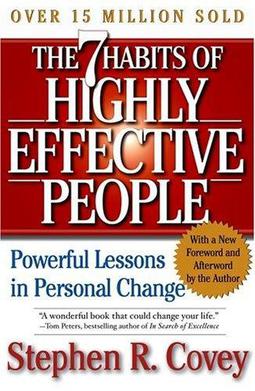
I’m sure you’ve heard of this book and its reputation that veers between culty and banal. But if you haven’t read Covey’s classic, put aside your preconceptions and biases. There’s a lot more to this book than the “important vs urgent” quadrant and “win/win”, which seem to be the only two things that people talk about. It takes a holistic view of personal productivity, and encourages you to align what you’re doing now with who you are and what you value.
Day 6 - Why Buddhism is True
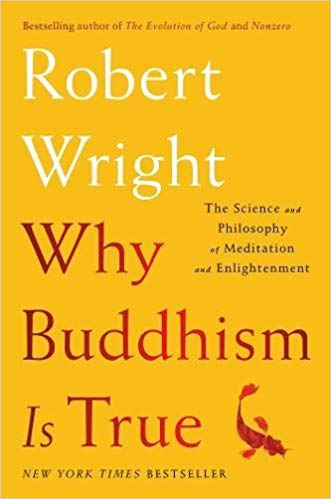 This book would probably annoy someone more spiritually inclined than me. But Buddhism is just as much a philosophy of life as it is a religion, and stands alongside other ancient schools of wisdom like Stoicism and Confucianism.
Wright looks at where the insights of Buddhism align with our modern understanding of evolutionary psychology and biology, and how its practices—particularly meditation—can benefit us in the modern secular world.
This book would probably annoy someone more spiritually inclined than me. But Buddhism is just as much a philosophy of life as it is a religion, and stands alongside other ancient schools of wisdom like Stoicism and Confucianism.
Wright looks at where the insights of Buddhism align with our modern understanding of evolutionary psychology and biology, and how its practices—particularly meditation—can benefit us in the modern secular world.
Day 7 - High Output Management
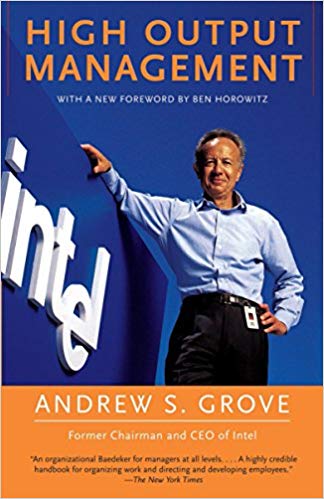
It’s unwhimsical and won’t really change your life. But if you’re involved in any way in organisations of people working together to produce something, Grove’s Silicon Valley bible may give you a new ways to think about how to lead them, and what effective “management” can look like. It was written in the early 1980s yet contains much wisdom and insight that people regularly still rediscover under the banner of “agile” and “lean”. They could all have saved themselves a bunch of trouble by just reading these 200 or so pages.
Day 8 - Bonus computer nerd double header!
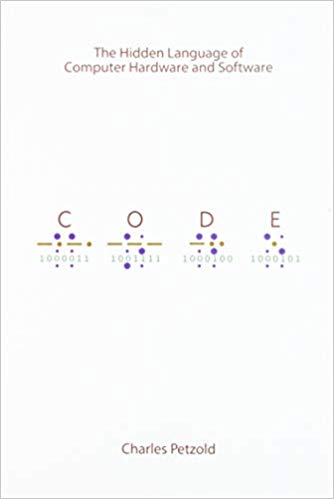
These two books take diametrically opposed approaches to exploring the art and science computer programming.
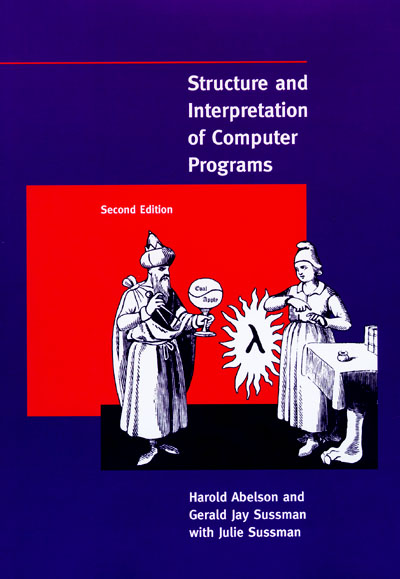
The first, Charles Petzold’s Code, is an approachable and entertaining introduction to digital computing that anyone can read. It takes you on a journey from the simplest of codes we invent as kids (flashing torches to our friends across the road) to a visceral understanding of how modern digital computers work their magic. You and everyone who lives in the 21st century should read it.
Coming from entirely the other extreme of abstraction, Structure and Interpretation of Computer Programs starts from the question “how can I express this thing I want the computer to do?” and breaks that down into effective ways of organising programs and thinking about computation. It’s a classic that echoes the old quip about teenage sex: many people talk about SICP, but few have actually read it. And probably even fewer have genuinely absorbed and understood its contents. [I fall into that middle ground of having read (most) of it, but have only scratched the surface of understanding.] But if more professional software developers did, maybe we wouldn’t be heading into the 50th year of a “software crisis”[1].
Happy summer reading!
